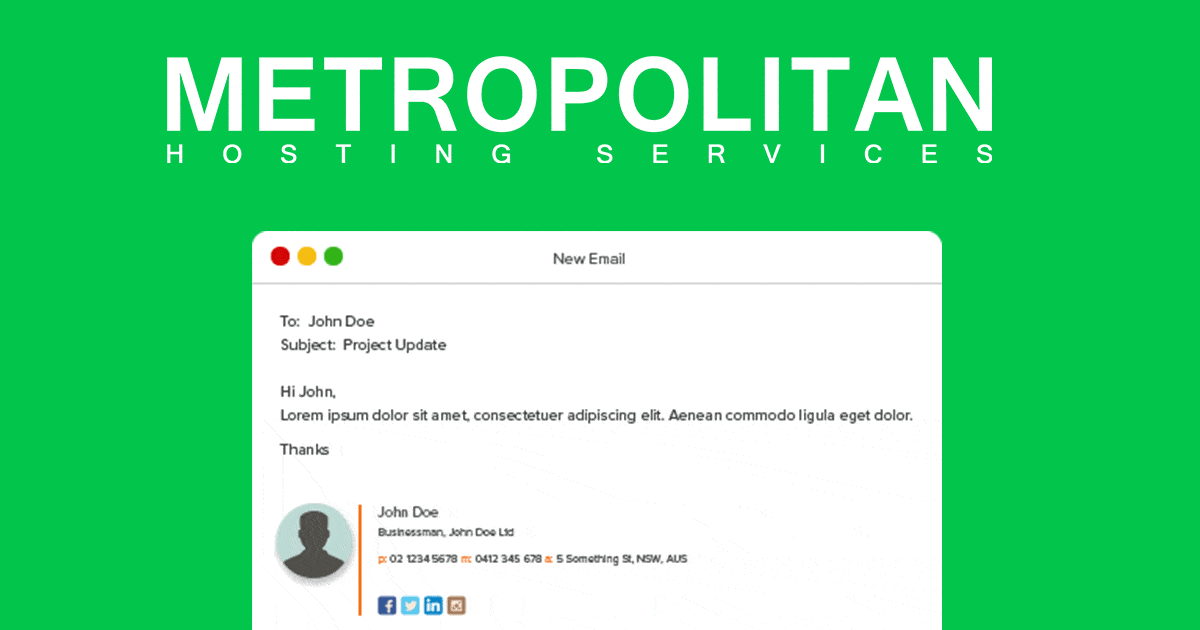VPS web hosting is a relatively new form of web hosting that has grown in popularity over recent years.
The hosting you choose can make or break your website. There are several different styles of hosting. Which one is best for you will depend upon the needs of your site.
Below we dive into VPS hosting, what kind of person uses this style of hosting, and the drawbacks of using a VPS compared to other kinds of hosting. If you’re confused about VPS hosting, then this post should help you get on handle on it!
What is VPS Hosting?
VPS stands for virtual personal server. A physical server is housed in a data center, the location of which depends upon the hosting provider you’re using. A VPS is a portioned part of one of these servers that contains it’s own operating system, bandwidth, and disc space.
These physical servers will generally be divided into multiple different VPS, dedicated, or shared servers. A VPS will be used like a dedicated server, and can be customized to the liking of the user.
Most shared servers come with an existing hosting environment and certain settings already built-in. A VPS acts like a dedicated server without the cost of having a dedicated server. Plus, they can be customized to your liking, if you have the technical chops.
The Pros of VPS Hosting
Whenever you’re trying to determine the best hosting option for your needs it’s important to weigh the pros and cons of each service. Here are some of the most common benefits of a virtual personal server.
- They are less expensive than a full-fledged dedicated server.
- They can be customized to your liking and you only pay for what you need.
- You have a lot more control over your hosting environment.
- A VPS can grow with your website as its server needs increase.
- Generally, the support staff are very helpful and can help solve complex technical issues.
The Cons of VPS Hosting
Of course, a virtual private server isn’t perfect. Just like any kind of hosting environment, there will only be the best hosting for your existing needs.
Probably the biggest drawback of VPS hosting is the cost. It’s usually more expensive than shared hosting and does require a lot more knowledge and work on your end. So, if your website isn’t profitable yet, then you might be better off starting with a cheaper hosting package.
Also, since the existing market for virtual personal servers is smaller there’s a chance the host you’re using won’t correctly allocate the server resources you need. Think of it similar to airlines, which tend to overbook the airplane, banking on the fact that some people won’t show up. Of course, this leads to people getting booted and having to reschedule their flights.
Some server companies oversell their servers, hoping that every site currently using their server won’t have a peak traffic day. When choosing a VPS host, just make sure you choose wisely and do your research.
Who Uses This Kind of Hosting?
Shared hosting is generally for more basic websites. As your needs and traffic levels increase you’ll usually want to upgrade to another style of hosting environment.
People generally switch to a VPS hosting environment, because they want more customization and control options. Sometimes website owners will end up using the same settings that they were using with a shared host, but they enjoy having more control over their hosting environment.
A VPS is also less technically heavy than a dedicated server, and can be a great bridge into an eventual dedicated hosting setup.
Amaretto is a New York-based content writer and lifelong learner with an ongoing curiosity to learn new things. Founder of a positioning and branding firm that helps consultants to increase their fees by up to 2,000%




